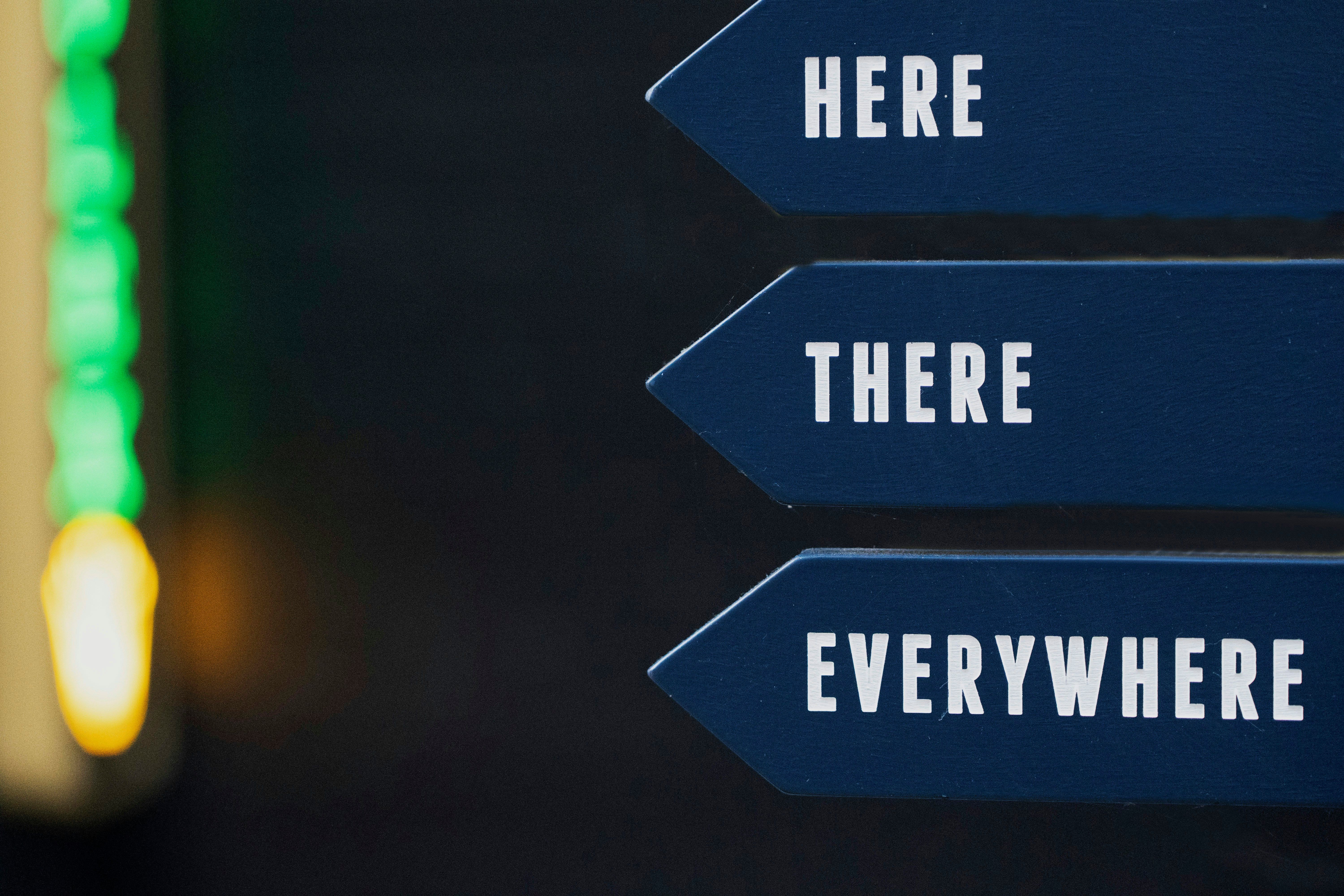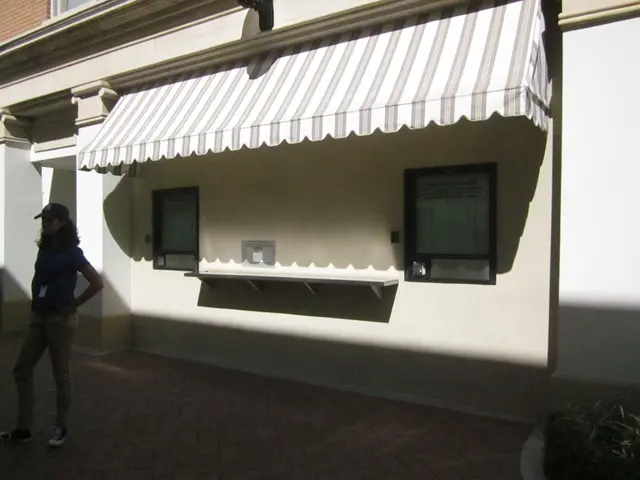Expressing opinions or thoughts openly is not equivalent to declaring a conflict.
Are you thinking about starting a rally? Do you want to be known as a rebel? These words are often thrown at activists, like it's wrong to stand up against injustice. But in reality, rallies are not acts of rebellion but expressions of democracy. Yet, many activists are wrongfully accused, labeled as rebels or members of the New People's Army (NPA) simply for speaking out.
The Philippine Constitution (Article III, Section 4) guarantees the right to free speech, peaceful assembly, and petition. But in practice, many protesters - especially labor groups, students, and indigenous peoples - face such discrimination. Is demanding fair wages, land rights, or justice an act of war?
Take the recent student rally in Cebu City as an example. Students marched to demand accessible and quality education. But instead of acknowledging their grievances, many dismissed them by labeling them as future NPAs or leftists. This response ignores the issues they are fighting for and discourages young people from standing up for their rights.
History has shown us that collective action leads to progress. However, those who challenge the system are often met with hostility. The 1986 People Power Revolution restored democracy, but today, those who expose corruption and human rights abuses face threats and silence. Protests are not just acts of defiance; they are the roots of change, ensuring society's voices remain heard.
Some argue that rallies cause public disturbance and incite violence. But suppressing all forms of protest doesn't solve these issues. Instead, the government should address the root causes of unrest - poverty, injustice, and corruption.
Red-tagging, the practice of maliciously accusing individuals or groups of being communist insurgents, has a long history in the Philippines. Under both the Marcos and Duterte administrations, it intensified as a means to suppress opposition. Red-tagging often targets activists,, journalists, and critics, endangering their lives, rights, and civil liberties.
Activism should be encouraged, not silenced. People ridicule rallies, forgetting that the rights and freedoms we enjoy today came from the struggles of those who dared to protest. Protests are not threats to democracy; they are vital to its survival - a demand for accountability and change. If we do not speak up, who will? We must uphold this right before we find ourselves in a society where silence is the only option. If fear prevails, what future are we building for the next generation?
- Despite the assurance of free speech and peaceful assembly provided by the Philippine Constitution (Article III, Section 4), many activists, including students and indigenous peoples, face discrimination during protests.
- The government's response to student protests, like the recent one in Cebu City, is often dismissive and labels them as future members of the New People's Army (NPA) or leftists.
- It is unfair to label protesters as rebels, especially when they are advocating for issues such as accessible and quality education.
- Justice and change often come from collective action, but those who challenge the system are often met with hostility and are accused of causing public disturbances, inciting violence, and being associated with rebellion or war-and-conflicts.
- Instead of suppressing protests, the government should address the root causes of unrest, such as poverty, injustice, and corruption.
- Red-tagging, the malicious labeling of individuals or groups as communist insurgents, has a long history in the Philippines, and it intensified under both the Marcos and Duterte administrations as a means to suppress opposition.










